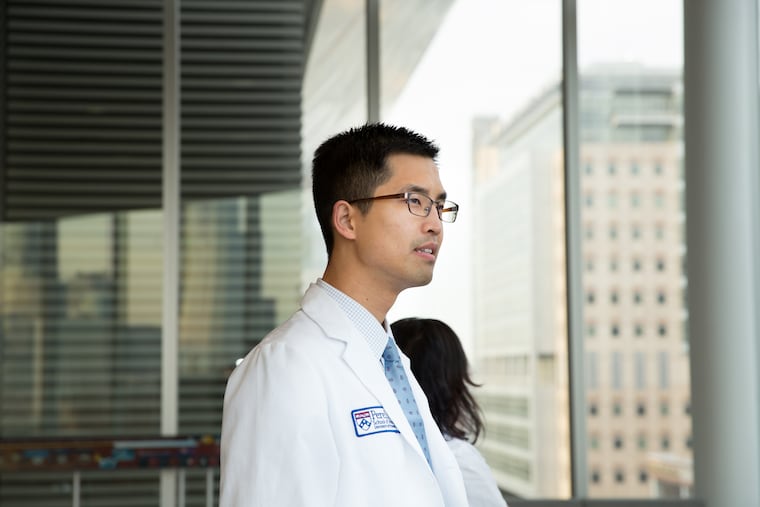The night a new doctor realized the difference between the expected and the possible l Opinion
Our patient needed major surgery in just a few hours. By his actions that evening, my chief resident taught me something which has fundamentally changed the way I approach my job.

The patient arrived in our ICU late on a Thursday evening. My senior resident and I had both already left the hospital.
From the initial report, the patient appeared stable and could probably be seen in the morning.
But the scan told a far more terrifying story, a leak from the largest blood vessel in the body that comes directly off the heart — the aorta. This could not wait.
Organizing a complex, high-risk operation takes a lot of work, and in this case there was only a night to do it. It takes numerous conversations to get the patient, family members, and the various surgeons needed for this operation to agree on the plan.
Residents don’t usually decide who gets surgery or when. We don’t usually initiate extended conversations with family members about expectations and risks regarding such a serious procedure as this patient needed.
Typically, we are told by our supervisors exactly what to do.
During the first two years of residency I defined my role and responsibilities based on other people’s expectations. No matter the rotation, I relied on the senior resident or the attending to tell me what I should do while on service.
Here’s how specific it gets: “You should round here between 6 a.m. and 7 a.m., then go to the operating room for your assigned cases.”
These expectations helped me feel more assured and oriented as a junior resident in a huge, hierarchical institution employing thousands of physicians. Following instructions was much easier than coming up with my own to-do list. Determining the ultimate trajectory of patient care seemed above my pay grade.
But by his actions that evening, my chief resident taught me something which has fundamentally changed the way I approach my job.
Rather than handing off the patient’s care to his counterpart on the next shift, he stayed up the entire night, advocating for this patient, turning a complex set of tasks into a concrete plan that worked for everyone. The patient would have certainly received the right treatment had my colleague chosen to go home. But his decision to see the case through rather than debating whether it was really his responsibility helped to expedite the process, which surely benefited our patient.
I didn’t even realize exactly what my senior resident had done between 9 p.m., when we both left for the evening, and 5 a.m., when I got back to work and saw the surgical plan he put together in the late-night and early-morning hours.
The patient’s operation went smoothly, and so did the recovery.
Our roles and responsibilities are ultimately of our own making. The only thing that is set in stone is the goal: excellent patient care. What people expect of you is typically the convention, the standard of care. But we can do much more than that.
Each day on service, I witnessed my chief resident define his own role instead of letting others define it for him. He set his own expectations of the system and himself.
We all need to believe in the potency of our own actions. In every role, there is what is expected and what is possible.
In our careers and in our lives, realizing the difference between the two is the start to redefining what we are capable of doing every day.
Jason Han is a resident in cardiothoracic surgery in the Perelman School of Medicine at the University of Pennsylvania. The opinions expressed in this article do not represent those of the University of Pennsylvania Health System or the Perelman School of Medicine.